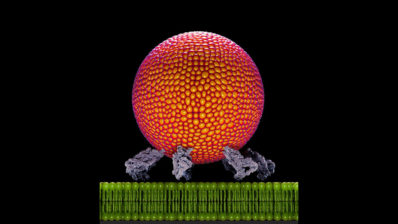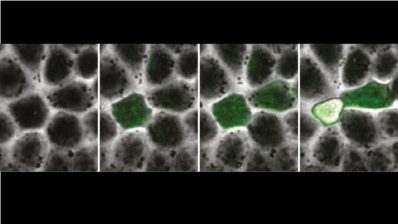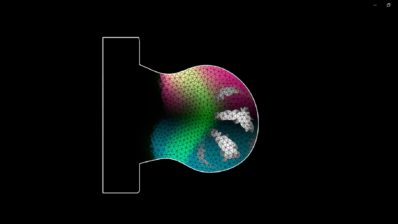The mammalian embryo is a self-organizing system that can develop in a robust and reproducible way without the need for external inputs, and it can recover after injury. This has been illustrated by a recent work co-led by Jordi Ojalvo at the Department of Experimental and Health Sciences, Pompeu Fabra University (DCEXS-UPF) and Anna-Katerina Hadjantonakis at the Memorial Sloan-Kettering Cancer Center in New York.
Using mouse embryos, the scientists added cells (by implanting stem cells) or eliminated them (by laser ablation). The embryos responded by changing the fate of progenitor cells in a way that restored the balance of cell types that lead to correct development.
The scientists have discovered how embryos control their size and maintain the balance between the different cellular tissues in the first stages of development.
“Using a mathematical model we propose the molecular mechanism that makes the embryo so robust, and we have identified a growth factor, FGF4, which is key in this process”, says Ojalvo.
Saiz N, Mora-Bitria L, Rahman S, George H, Herder J, Garcia-Ojalvo J, Hadjantonakis A. Growth factor-mediated coupling between lineage size and cell fate choice underlies robustness of mammalian development. July 2020. DOI: 10.7554/eLife.56079.






